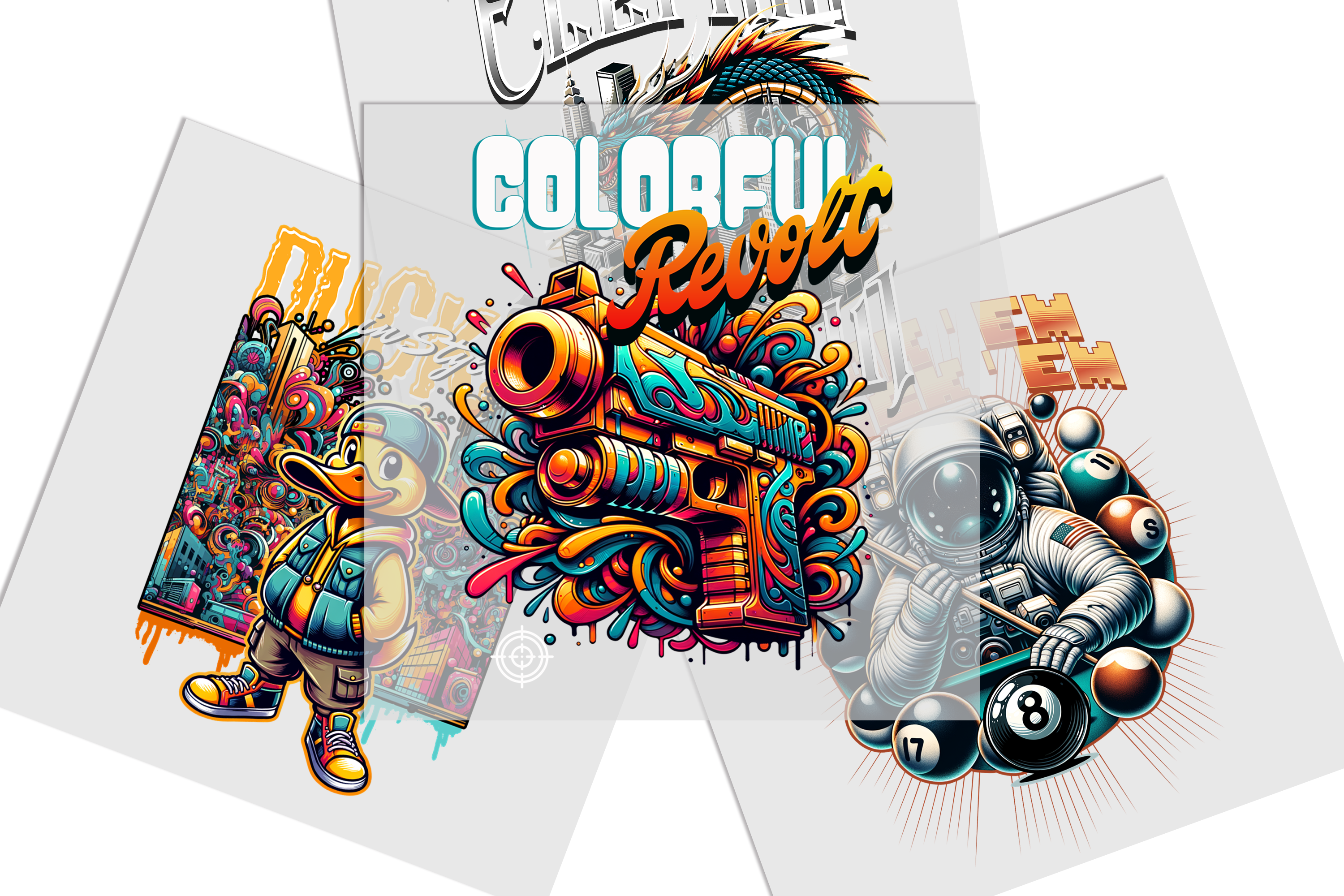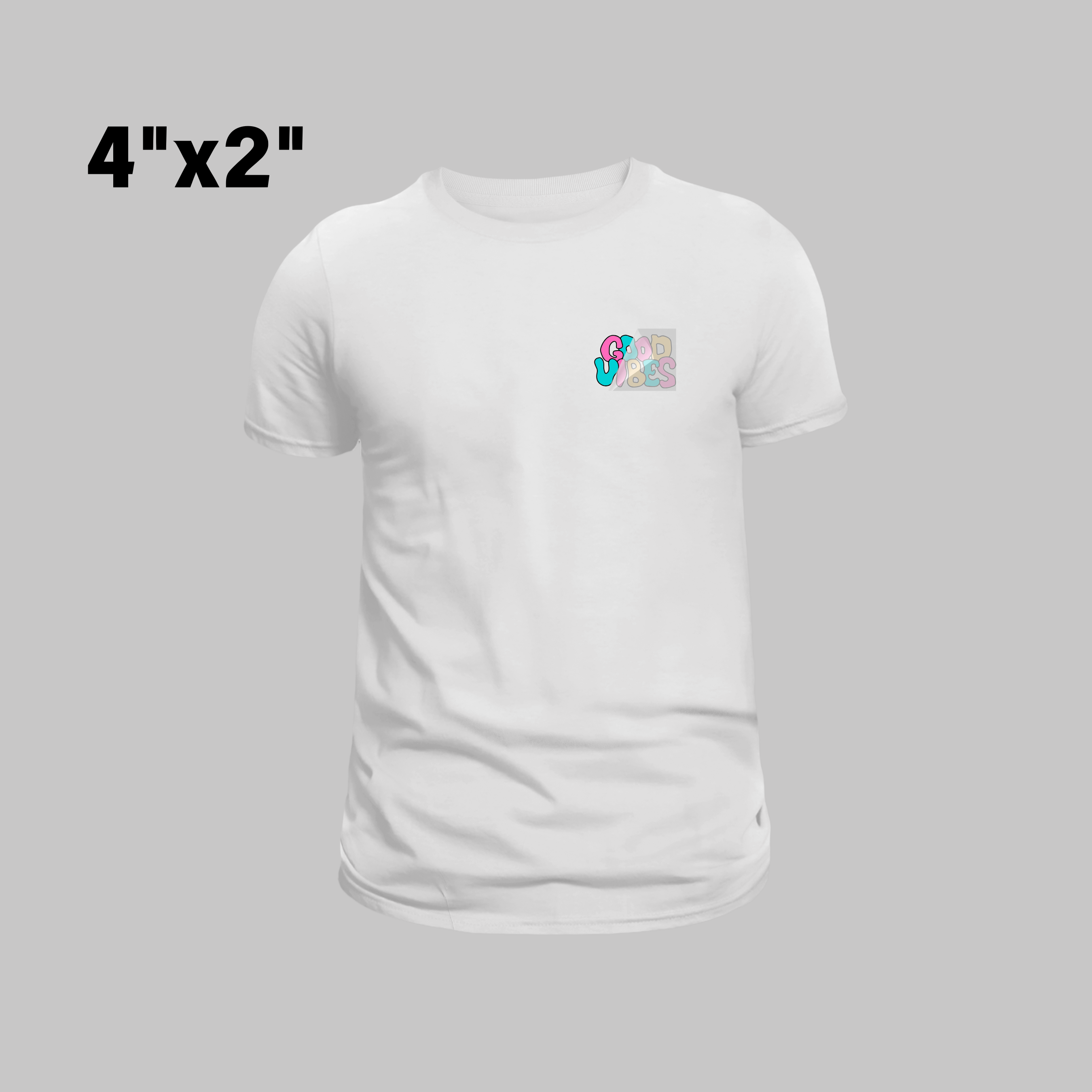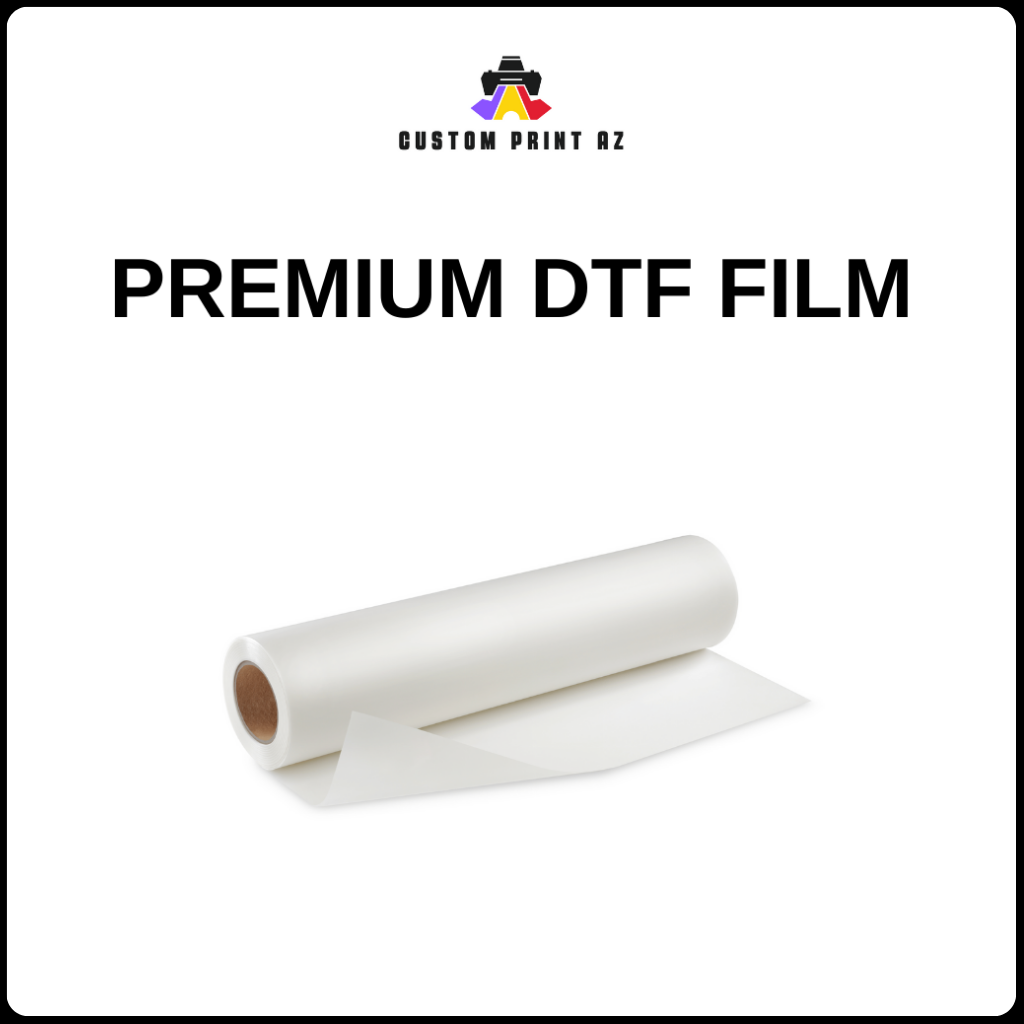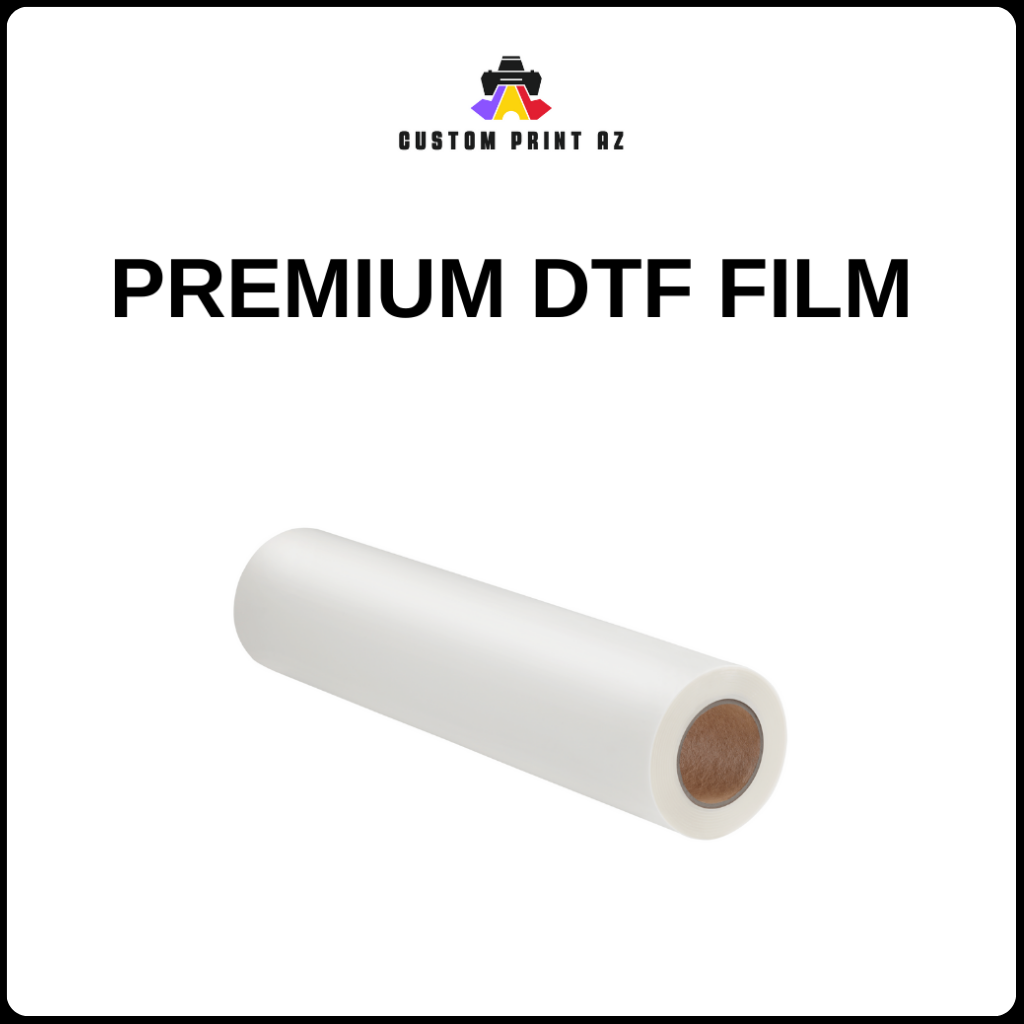Blank Apparel – The Foundation for Custom Printing
Blank apparel provides businesses, creators, and designers with versatile, high-quality garments that serve as the perfect foundation for customization. Many brands choose blank apparel for its affordability, comfort, and compatibility with various printing methods such as DTF, screen printing, embroidery, and sublimation.
These garments are made from cotton, polyester, or blended fabrics that provide smooth, durable surfaces for professional-quality customization in fashion, promotions, and events.
Benefits of Blank Apparel
Durability ensures garments maintain their shape and color after frequent washing.
Comfort delivers softness and breathability for all-day wear.
Affordability supports bulk purchases for businesses and startups.
Versatility allows for various customization techniques including heat transfers and embroidery.
Consistency guarantees smooth textures for vibrant, long-lasting prints.
Eco-conscious fabrics attract sustainability-focused consumers.
Scalability supports both small batches and large-scale production.
Reliability enhances brand reputation through dependable sizing and quality.
Applications Across Industries
Fashion brands use blank apparel to produce seasonal collections.
Promotional agencies create branded uniforms and event merchandise.
E-commerce sellers expand offerings with personalized T-shirts, hoodies, and tote bags.
Sports teams customize blank jerseys, caps, and fan gear.
Schools design spirit wear and fundraiser apparel.
Nonprofits produce awareness garments for charity drives.
Corporate businesses provide branded casualwear for staff uniforms.
Restaurants customize aprons, T-shirts, and hats for employees.
Event planners create themed apparel for weddings, birthdays, and festivals.
Local print shops supply personalized garments for community events.
Dance groups design matching outfits for performances and competitions.
Reliability ensures smooth surfaces for consistent customization.
Durability improves customer satisfaction with long-lasting garments.
Affordability makes it easy to offer competitive pricing.
Creative freedom enables experimentation with colors, prints, and designs.
Supplier support includes bulk discounts and timely delivery.
Eco-conscious options meet the demand for sustainable fashion.
Efficiency streamlines production for urgent campaigns.
Marketing potential expands with customizable branding opportunities.
Future of Blank Apparel
Innovation will lead to softer, more durable fabric blends for enhanced comfort.
Sustainability will drive the use of organic cotton, bamboo fibers, and recycled materials.
Automation will improve sewing consistency and reduce production waste.
Consumer demand for eco-friendly, customizable casualwear will continue to rise.
Advanced printing technologies will enable more detailed and durable designs.
Expanded Advantages
Designers experiment with new ideas affordably before large-scale production.
Customers enjoy soft, stylish garments tailored to their preferences.
Technology ensures high-quality prints and embroidery on smooth fabrics.
Eco-conscious garments appeal to environmentally aware shoppers.
Accessibility helps startups compete with established fashion brands.
Scalability supports seasonal promotions and high-volume orders.
Durability reduces product returns and improves brand loyalty.
Affordability encourages creativity and niche product development.
Marketing campaigns benefit from consistent quality and customizable branding.
Reusable garments align with sustainable fashion initiatives.
Practical Considerations
Select the right fabric blend based on comfort, durability, and intended use.
Ensure compatibility with chosen customization techniques like DTF or embroidery.
Check size charts for consistent fit across all garments.
Budget effectively to balance cost-efficiency with high-quality materials.
Partner with trusted suppliers to guarantee stock availability and prompt delivery.
Inspect stitching quality for added durability during frequent use.
Provide proper care instructions to preserve fabric softness and print quality.
Eco-conscious customers prefer garments made from organic or recycled fibers.
Store garments in a dry, clean environment to maintain quality before customization.
Market Outlook
Sustainability influences sourcing strategies with eco-conscious fabric innovations.
Automation enhances efficiency, reduces costs, and improves garment consistency.
Brands offering affordable, sustainable, and high-quality blank garments gain a competitive advantage.
By selecting eco-conscious materials, working with reliable suppliers, and focusing on consistent quality, companies can deliver professional-grade products that enhance customer satisfaction.
As global demand for personalized fashion continues to expand, blank apparel remains a cornerstone of the custom printing industry empowering startups and established brands to innovate, build strong customer loyalty, and thrive in a competitive market driven by creativity and sustainability.






